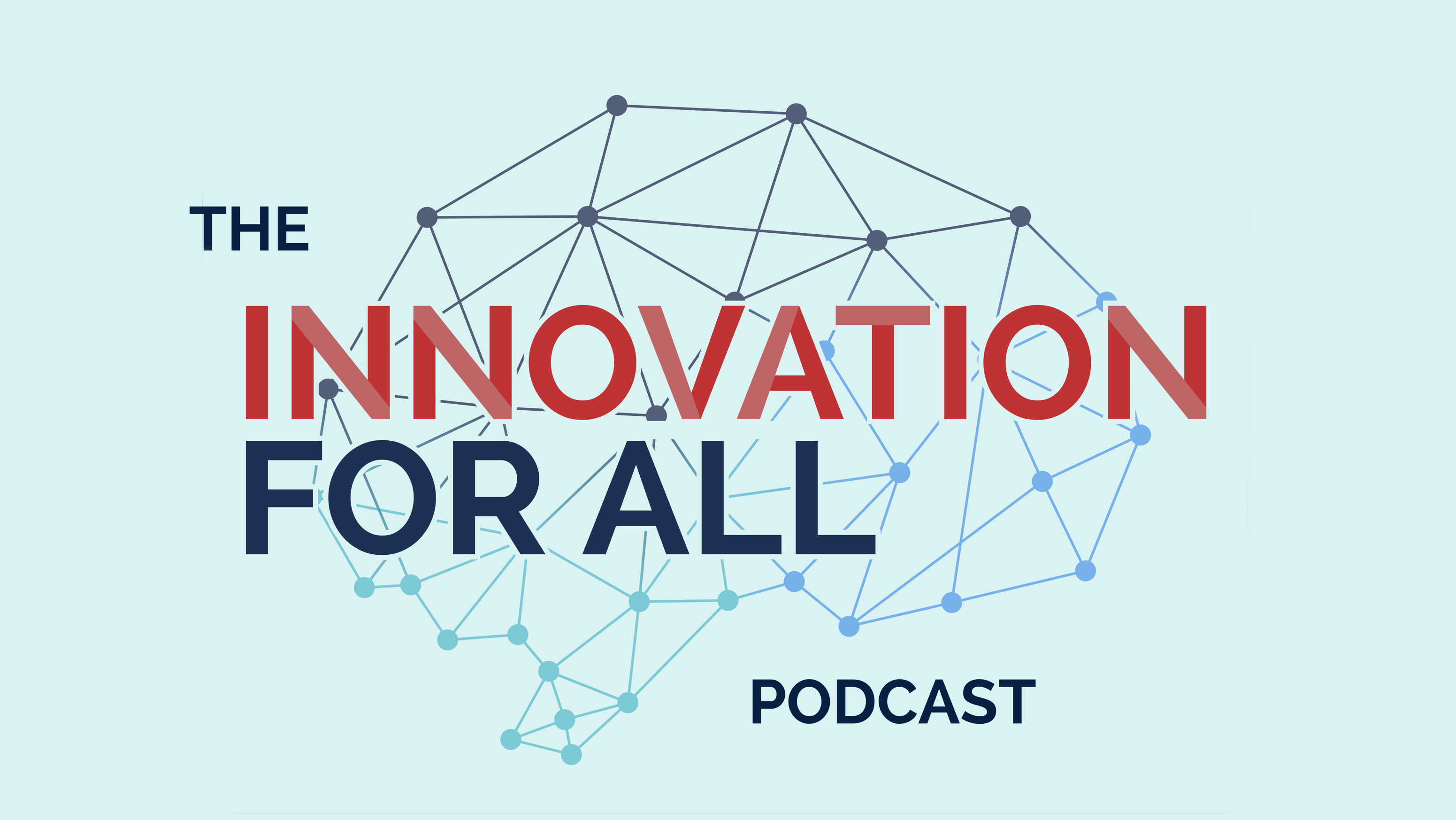
Overview:
In this episode, Mary Gray, Senior Principal Researcher at Microsoft Research and co-author of Ghost Work: How to Stop Silicon Valley from Building a New Global Underclass, discusses the work of the often invisible contract employees who bring an essential human element to tech and how the COVID-19 pandemic is bringing their undeniable value to light.
In this episode you will learn:
- How contract workers are essential in aiding AIs and search engines
- Examples of a ghost work in everyday technology
- How the tech industry often devalues contract employees
- What data labeling is
- What a ghost worker’s daily schedule looks like
- How the growing telehealth industry is a prime example of under-appreciated, yet essential contract work
- The three elements that undermine job happiness
- How business are benefiting from contract workers
- The growing challenges of moving towards more contract-driven business
- Why we should mind the gap rather than close the gap
- How the pandemic is demonstrating the value of contract and ghost work
- What are the limits of tech and where does human creativity and spontaneity become irreplaceable
Links and mentions:
- Lead Genius
- Amara
- Barbara Grosz
- Mark Sendak
- Ghostwork.info
Connect with Mary:




